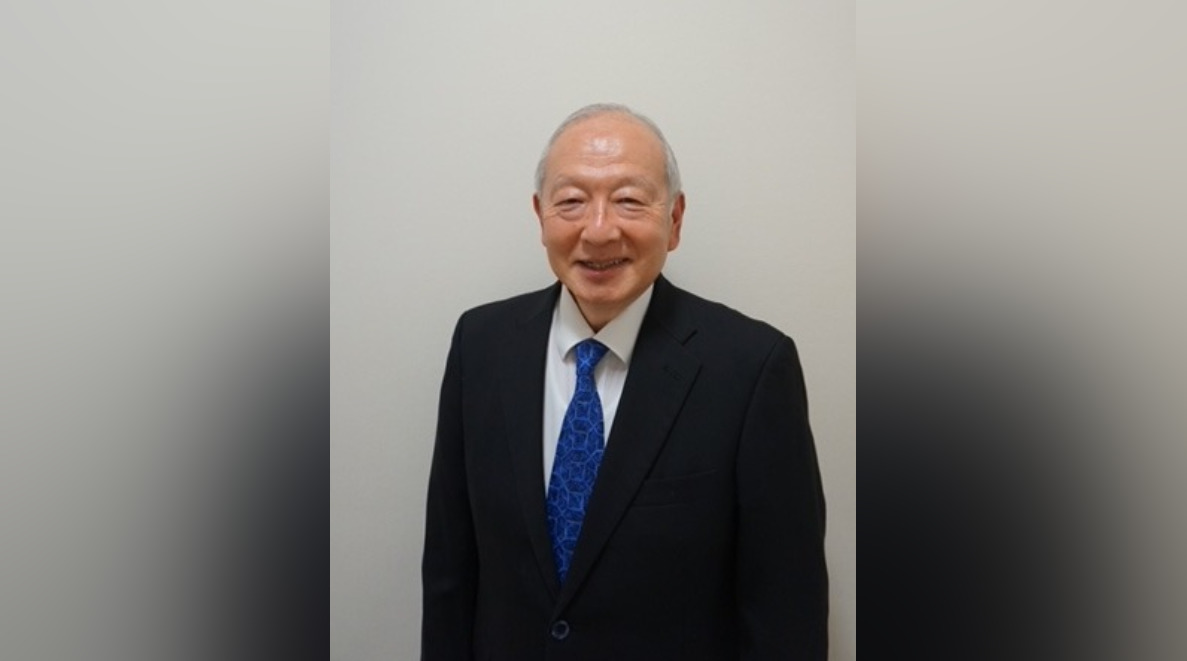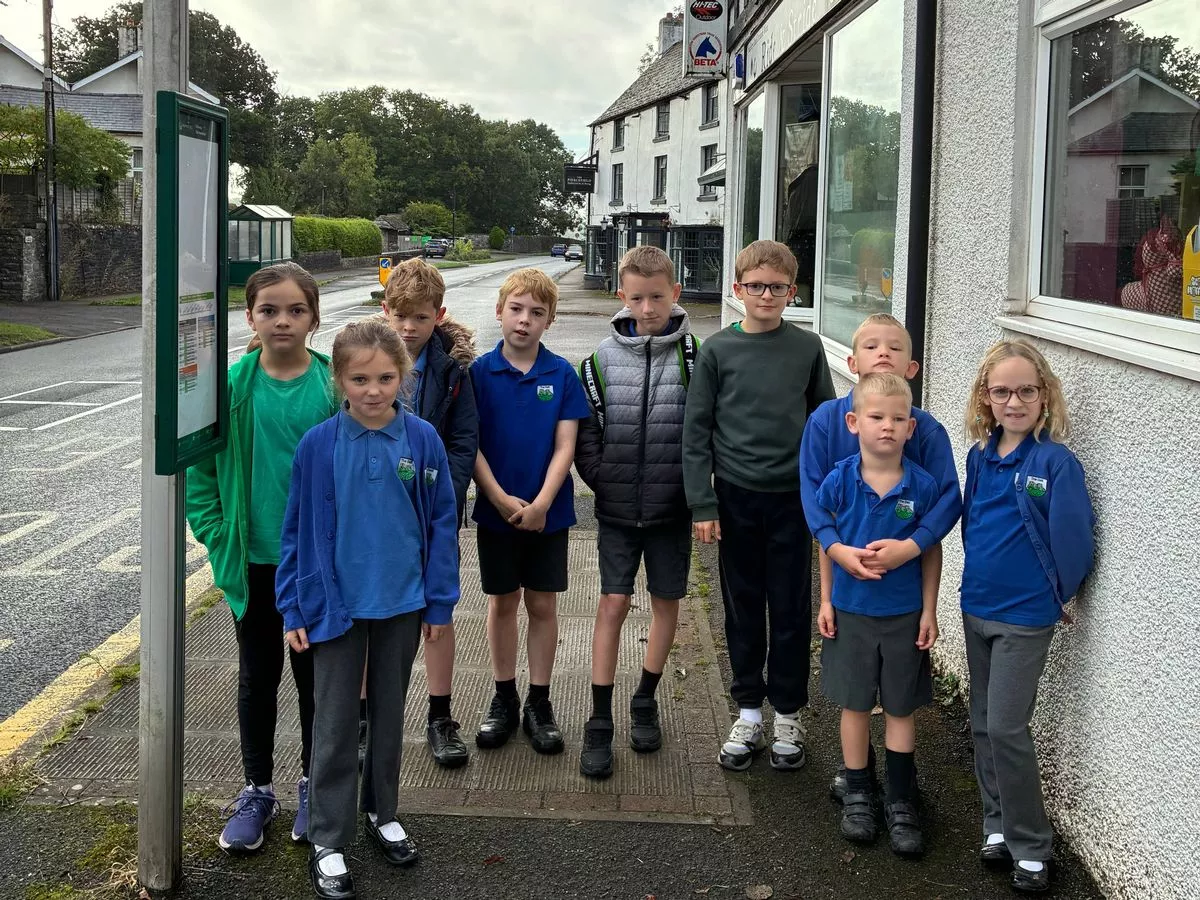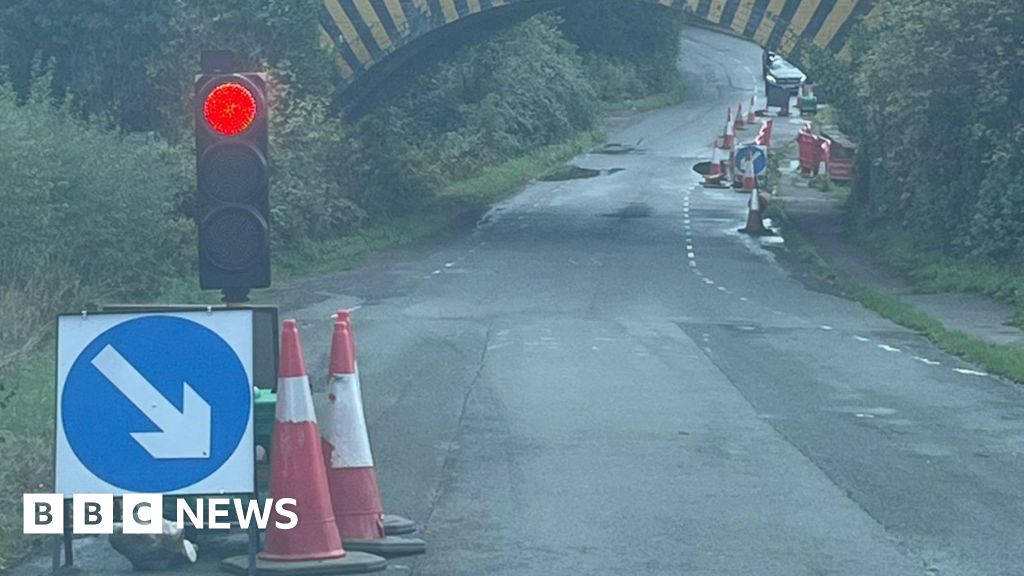By Fatima Kemelova,Nagima Abuova
Copyright astanatimes

ASTANA — Interfaith dialogue remains essential for lasting peace, said Yoshiyuki Nagaoka, an international affairs executive director at Soka Gakkai, in an interview with The Astana Times. Ahead of the eighth Congress of Leaders of World and Traditional Religions in Astana on Sept. 17–18, he reflected on Soka Gakkai’s congress experience, Kazakhstan’s peace efforts, and why young voices should take the lead in building dialogue across traditions.
Established in the 1930s, Soka Gakkai, the Japan-based lay Buddhist movement, is rooted in the teachings of 13th-century monk Nichiren, which emphasize individual empowerment and the dignity of life. Since then, it has grown into one of Japan’s largest religious organizations, promoting education, culture, and community engagement.
In 1975, its global network was formally established as Soka Gakkai International (SGI), which now connects millions of practitioners in more than 190 countries and territories, with a focus on peacebuilding, interfaith dialogue, and human rights.
Expanding connections through the congress
Nagaoka said the Soka Gakkai’s participation in the sixth congress in 2018 marked a turning point in broadening its interfaith engagement. For the Japan-based movement, the forum offered rare encounters with faith traditions not widely represented at home.
“Among the numerous religions taking part in the congress are those that most Japanese are not familiar with. And because the Muslim community in Japan is quite small, the congress has enabled us to meet and exchange views with quite a number of Islamic organizations that we have never had the privilege of encountering before,” said Nagaoka.
“Our engagement with other religious leaders has opened new vistas in our shared pursuit of peace, making it possible to further expand solidarity in a very measurable and meaningful way,” he said.
He also emphasized Kazakhstan’s meaningful role as a partner in peace building, noting the country’s decision to renounce nuclear weapons in 1991 and its efforts to promote the Central Asia Nuclear-Weapon-Free Zone Treaty. He recalled that in 2019, a Soka Gakkai delegation visited Semei in eastern Kazakhstan and met with poet Olzhas Suleimenov, founder of the Nevada-Semipalatinsk movement.
“We are also very grateful to your country for standing with Japan over the tragic atomic bombings of Hiroshima and Nagasaki, knowing Kazakhstan’s Soviet-era history at Semipalatinsk,” said Nagaoka.
He highlighted that as a UN-accredited NGO, Soka Gakkai has partnered with Kazakhstan on awareness initiatives and seeks to deepen cooperation in nuclear abolition.
Young voices in the digital age
The upcoming congress will feature the Forum of Young Religious Leaders. Nagaoka emphasized that younger generations bring new dynamics to dialogue because of rapid technological change.
“With the explosive development of the internet, smartphones and other IT technologies, the way people of the older generations think and live have begun to diversify markedly from the younger generations,” said Nagaoka.
“It is wonderful that tech-savvy young people today are able to readily access information on the cultures and lifestyles of other countries. Increasing opportunities to familiarize yourself with the history or cultures beyond your own represents a first major step toward mutual understanding and appreciation,” he said.
However, he also noted that exposure to other cultures alone does not guarantee tolerance.
“In fact, that knowledge could very well fuel the kind of xenophobic exclusivism we see today. Among our commitments at the Soka Gakkai, based on our religious conviction that every person is owed the respect their inner dignity commands, is to foster young people who are, at the bare minimum, respectful and, hopefully, appreciative of other people and other cultures,” said Nagaoka.
He stressed that Soka Gakkai’s cosmopolitan nature encourages openness. The movement organizes global and regional activities where young people meet peers across faiths.
“SGI President Daisaku Ikeda has long prioritized the fostering of global citizens, which is why he founded an array of educational institutions from kindergartens to universities worldwide. And many of their graduates have gone on to join international agencies such as the UN to encourage and advance mutual understanding wherever they may serve,” he said.
Encounters that shaped a global outlook
Nagaoka’s experience as a correspondent in the United States for Seikyo Shimbun, Soka Gakkai’s daily newspaper, shaped his approach to interfaith dialogue. He recalled interviews with faith leaders and academics whose work underscored the need for solidarity across traditions.
“There was Dr. Lawrence E. Carter Sr., the dean of Morehouse College’s Martin Luther King Jr. International Chapel, who dedicated a lifetime to carrying forward the civil rights leader’s legacy. He was an ordained Baptist preacher who developed a keen interest in Buddhist thought after encountering the philosophy of SGI President Daisaku Ikeda,” said Nagaoka.
He also encountered Professor Nur Yalman of Harvard University, who saw the potential role of Buddhists as intermediaries to bridge divides between Christianity and Islam.
“These and many more encounters with people who are truly concerned about the future of human society have fostered within me a profound sense of tolerance for others and expanded my worldview,” said Nagoka.
Patience in dialogue, perseverance in action
The congress takes place against a backdrop of urgent crises, raising questions about whether dialogue can deliver timely solutions. Nagaoka noted the tension but stressed that patience and perseverance are key to achieving that goal.
He recalled Ikeda’s dialogues with historian Arnold J. Toynbee, Soviet leader Mikhail Gorbachev, and Harvard economist John Kenneth Galbraith, which addressed challenges from the Cold War to the environment.
“He understood that a one-time dialogue cannot bring about a major transformation, and he always emphasized patience and perseverance,” said Nagaoka.
He added that religious leaders cannot replace political decision-makers, but their consistent dialogue helps expand understanding across communities.
“Relationships between religion and politics, as well as religion’s interaction with politics, vary significantly from country to country, from community to community. Therefore, how a spiritual leader can engage with pressing issues will likewise vary from country to country, community to community,” said Nagaoka.
Prayer and empathy as universal practices
Looking ahead to the congress’s outcome, Nagaoka said the most valuable contribution of religious leaders lies in spiritual practice and framing coexistence as a shared responsibility.
“The fundamental practice of religion lies in prayer. No matter how society may evolve, prayer will remain as humankind’s most pristine and intrinsic act, one indispensable in nurturing human spirituality,” said Nagaoka.
He said differences in theology should not be seen as sources of division, but as reflections of human diversity. By sharing empathy instead of confrontation, he believes interfaith forums can contribute to peace in ways that may not always make headlines but steadily build connections that matter.
“The interfaith dialogue that takes place at this congress may not be reported by media outlets with the same hype as press conferences held by political leaders,” said Nagaoka.
“Nevertheless, I am convinced that this congress will lead to steady progress in guiding humanity toward peace by forging genuinely meaningful connections among and between people everywhere,” he added.



